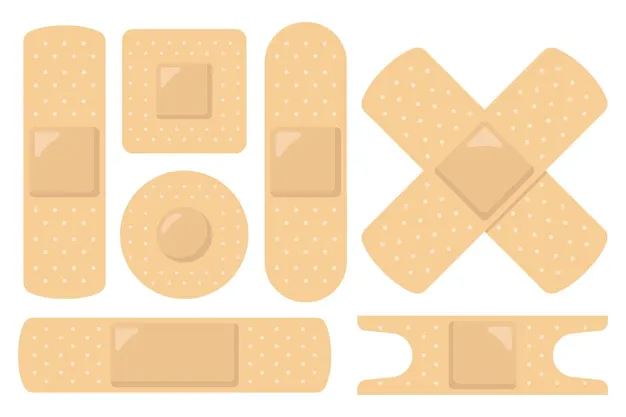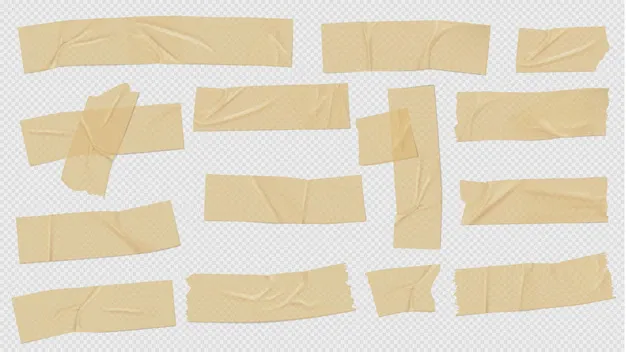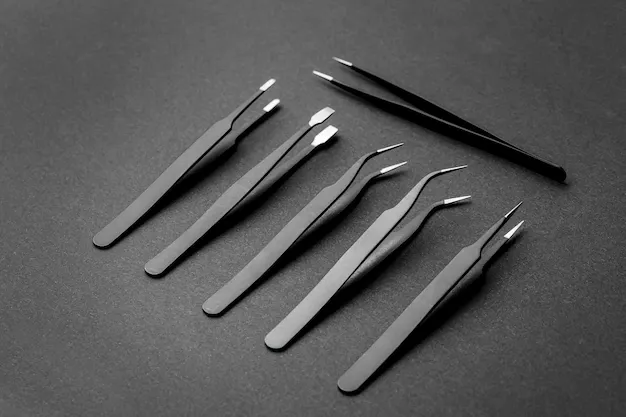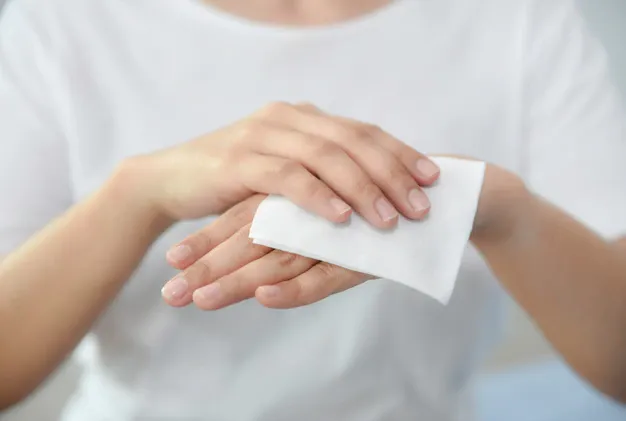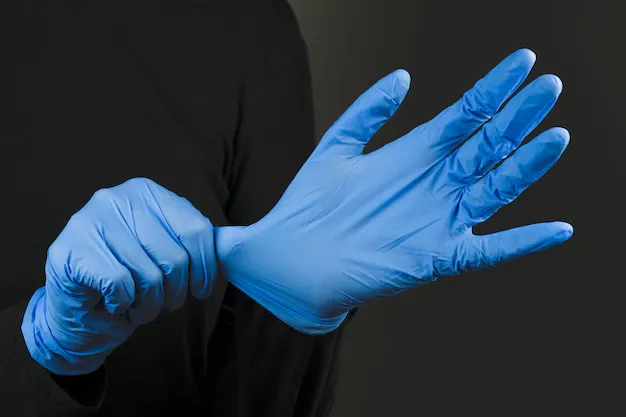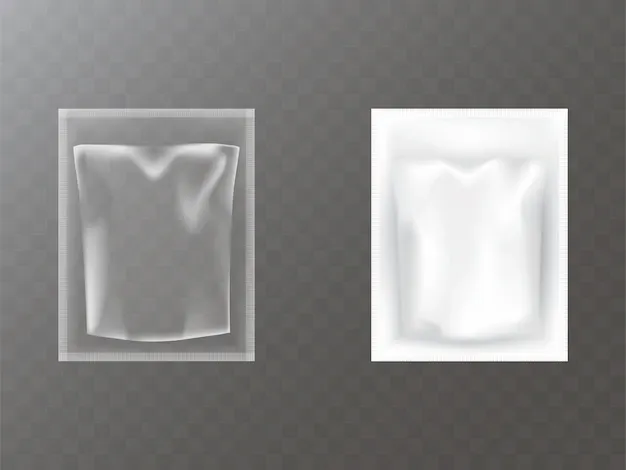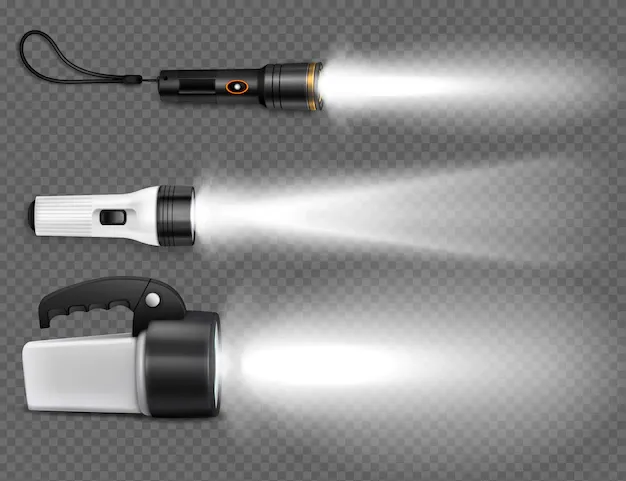
GET A QUOTE
What Should be in Every Trauma Kit?
In a world where unexpected situations can arise, having a well-equipped trauma kit can make all the difference. Whether you're an outdoor enthusiast, a parent, or just someone keen on preparedness, there are key items that should find a home in every trauma kit.
Items in Trauma Kit:
Bandages and Gauze
Let's start with the basics – bandages and gauze. These are the unsung heroes of any trauma kit. From minor cuts and scrapes to more serious injuries, having an assortment of bandages and gauze can help stop bleeding and protect wounds from infection.
Adhesive Tape for Extra Hold
But what holds those bandages in place? Enter adhesive tape. Often overlooked, this simple item is crucial for securing dressings and keeping them in place during movement. Make sure to include a roll in your kit for added versatility.
Scissors and Tweezers for Precision
Precision matters when dealing with injuries. A small pair of scissors and tweezers can help you cut bandages to the right size and remove splinters or debris from wounds safely. Compact and easy to use, these tools are a must-have.
Antiseptic Wipes – First Line of Defense
Before applying any bandage, it's essential to clean the wound thoroughly. Antiseptic wipes serve as the first line of defense against infection. Including these in your trauma kit ensures that you can address wounds promptly and reduce the risk of complications.
Disposable Gloves – Safety First
Safety is paramount when dealing with injuries. Disposable gloves not only protect you from potential contaminants but also prevent the introduction of bacteria to open wounds. Keep a couple of pairs in your kit to ensure safe and hygienic first aid.
Instant Cold Packs for Swelling
Injuries often come with swelling and pain. Instant cold packs are a quick and effective solution to reduce swelling and provide relief. Compact and easy to activate, these packs can make a significant difference in managing injuries until further medical assistance is available.
Emergency Blanket – Warmth Matters
In emergency situations, maintaining body temperature is crucial. An emergency blanket, often made of Mylar or a similar material, reflects and retains body heat. Lightweight and space-saving, it's an excellent addition to your trauma kit for unexpected situations.
Flashlight – Shedding Light in the Dark
Injuries don't wait for daylight. A compact flashlight can be a lifesaver when assessing and treating wounds in low-light conditions. Ensure your trauma kit includes a small, durable flashlight with extra batteries.
Conclusion
In every trauma kit, the key is preparation. From the essential bandages and gauze to often overlooked items like scissors and an emergency blanket, each component plays a vital role. Tailor your kit to your specific needs, but always ensure you have the basics covered. Because in times of uncertainty, a well-prepared trauma kit can be your first line of defense.

